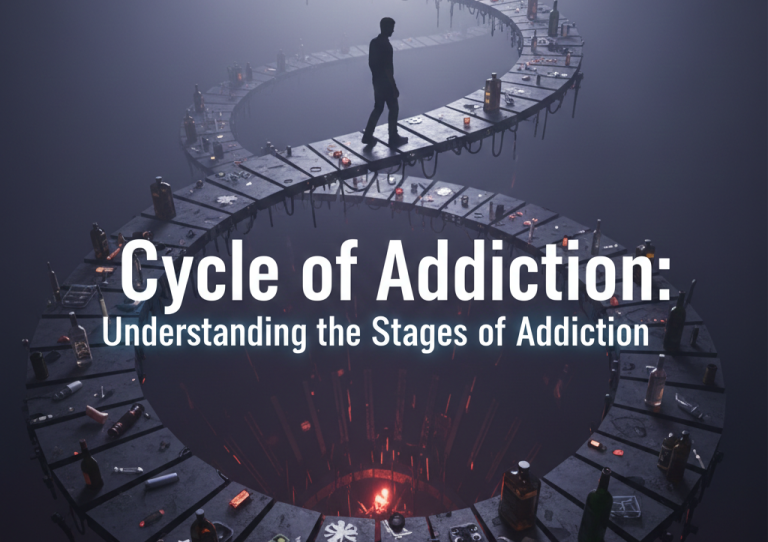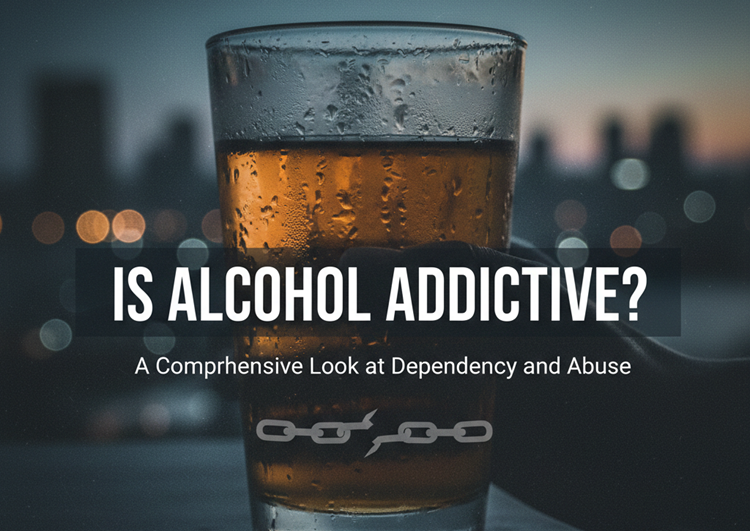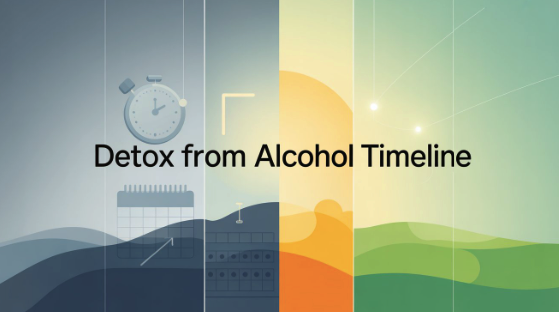To understand addiction, one has to distinguish between substance use disorders and addictive disorders. Even though they can both greatly affect a person’s life, the type and way of handling them can be very different. In this blog post, you will find out more about what they are, how they differ, and why it is crucial to address such issues.
What are Substance Use Disorders?
Substance use disorders, SUDs, are a class of disorders in which an individual uses one or more psychoactive substances in a way that causes harm to the self. The DSM-5, in its turn, defines substance use disorder as a condition in which a patient persists in using the substance even when it leads to excessive difficulties in his or her life.

Common Substances Involved
- Alcohol: Alcohol is one of the most popular substances and may cause addiction, as well as many other health problems, including liver diseases, and mental disorders.
- Illicit Drugs: Here we have substances such as heroin, cocaine, methamphetamine, and ecstasy. All of these substances have different effects and side effects when they are being withdrawn.
- Prescription Medications: Some of the opioids and benzodiazepines are some of the most addictive substances when abused.
Criteria for Diagnosis
According to the DSM-5, a diagnosis of substance use disorder can be made when an individual meets at least two of the following criteria within 12 months:
- Using larger amounts or beyond the normal prescription.
- Failed attempts at reducing or preventing use.
- Lending a lot of time to acquiring, consuming, or even after the substance usage.
- Cravings or an intense urge to use the substance.
- Missed or unfulfilled responsibilities of the main responsibilities at work, school, or in the home due to substance use.
- Use of the substance even in the presence of concurrent social or interpersonal difficulties that are related to substance use.
- Withdrawing or limiting social, work, or leisure activities as a result of substance use.
- Treatment in physically dangerous conditions with the use of substances.
- Drinking or using even if one is aware that it results in harm to one’s body or mind.
- Tolerance is defined by the need to take a large quantity of the substance to produce the desired outcome.
- Withdrawal symptoms when the substance is not being taken
What are Addictive Disorders?
Addictive disorders refer to a wider spectrum than substance use disorders, which include other kinds of behaviors. These can include behaviors that are enjoyable or which help the individual to escape from or avoid problems, but which are maladaptive.

Examples of addictive behaviors are:
- Gambling Addiction: This entails gambling despite the harm it causes to the individual financially, and also in other aspects of their life such as interpersonal relations, for instance, through incurring debts.
- Internet or Gaming Addiction: More and more acknowledged, this type of addiction involves preoccupations with using the internet or playing video games in a way that interferes with regular work and social activities.
- Food Addiction: Excessive eating or compulsive eating that results in extremely dangerous conditions such as obesity and diabetes.
Criteria for Diagnosis
Based on the criteria of DSM-5, addictive disorders are also identified by the presence of compulsive behavior and its consequences for the person’s life.
Key Differences Between Substance Use Disorders and Addictive Disorders
There is a fine line between substance use disorders and addictive disorders, it is important to distinguish between the two. Here are some key distinctions:
Nature of the Addiction
- Substance Use Disorders: These are based on the consumption of particular substances that cause the body to develop tolerance and inability to do without the substance. The substance itself can change the neurochemical balance of the brain and cause desire and the symptoms of abstinence.
- Addictive Disorders: These include behavior that may not involve substances but may stimulate the reward center of the brain thus creating the need to engage in those behaviors repeatedly.
Physiological Dependence vs. Psychological Dependence.
- Physical Dependence: In substance use disorders, the patients may experience physical symptoms when they decide to quit using the substance. This is typical of alcohol, opioids, and other substances.
- Psychological Dependence: Addictive disorders do not necessarily have to be characterized by the presence of physical symptoms but still produce a compelling incentive to perform the behavior. For instance, a person may suddenly have the urge to gamble or play video games.
Types of Treatment and Research Methods
The management of substance use disorders includes detoxification, medication-assisted treatment, and behavioral therapy. While, for instance, addictive disorders may pay more attention to CBT and support groups because the issues may involve modifying behavior than stopping the use of a substance.
Impact on Mental Health
Substance use disorders as well as addictive disorders can have a severe impact on mental health. People are likely to suffer from other mental disorders like anxiety or depression at the same time, which can make the healing process difficult. This means that to ensure that the patient gets the right treatment it is important that the treatment facilities treat the addiction as well as any mental disorder that may be present.
Co-Occurring Disorders
Studies have found that people who have SUDs are more likely to develop mental disorders. On the other hand, persons with mental illness may look for substances or other unhealthily compulsive ways of dealing with stress and end up developing dependencies.
Get Help with Orlando Treatment Solutions
If you or a loved one has substance abuse or addiction issues, the individual must seek help. At Orlando Treatment Solutions, we offer comprehensive substance abuse and addiction treatment programs to suit each individual. Our staff is fully aware of how to help you get through the recovery process, providing you with the tools you need to recover fully. Please do not hesitate to contact us to get more information and to get started on the path toward recovery.

Treatment Options
Rehabilitation for substance use and addictive disorders will be different depending on the type of substance and the person in question. Common treatment options include:
- Behavioral Therapies: Methods such as CBT are useful in identifying the thought and behavioral processes that are associated with addiction.
- Counseling: One-on-one and group counseling sessions help the patient discuss his/ her experiences and learn ways to manage stress.
- Support Groups: Support groups help reduce the feeling of loneliness and provide a platform to interact with people going through similar issues as yours.
- Holistic Approaches: Such approaches as mindfulness meditation, yoga, and nutrition support can be used to enhance the health status during the process of rehabilitation.
The difference between substance use disorder and addictive disorder must be defined to facilitate the right approach to treatment. Both conditions can harm a person’s life and mental well-being, but people can recover with the right care and guidance. If you or someone you know needs help, do not wait and seek the help you need. Call Orlando Treatment Solutions to get more information regarding our treatment services and begin your healing process.a



























